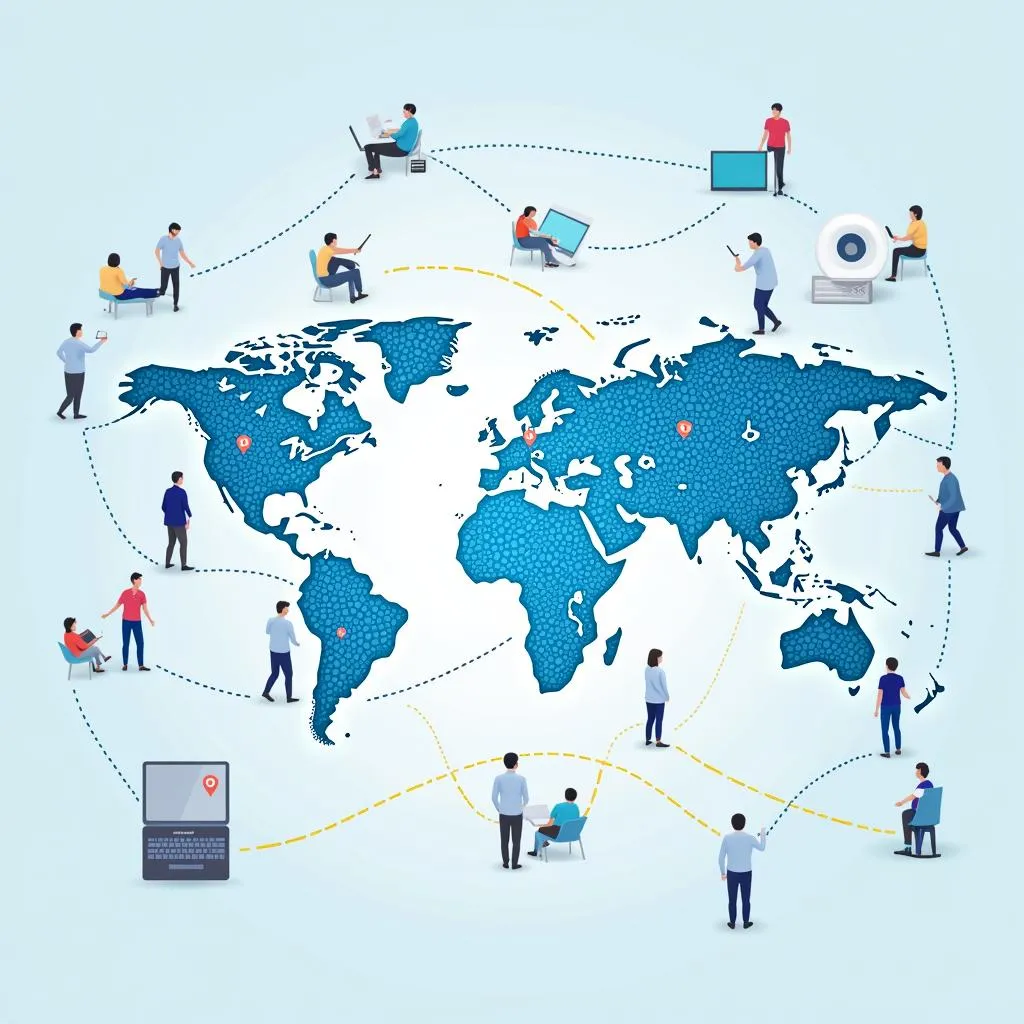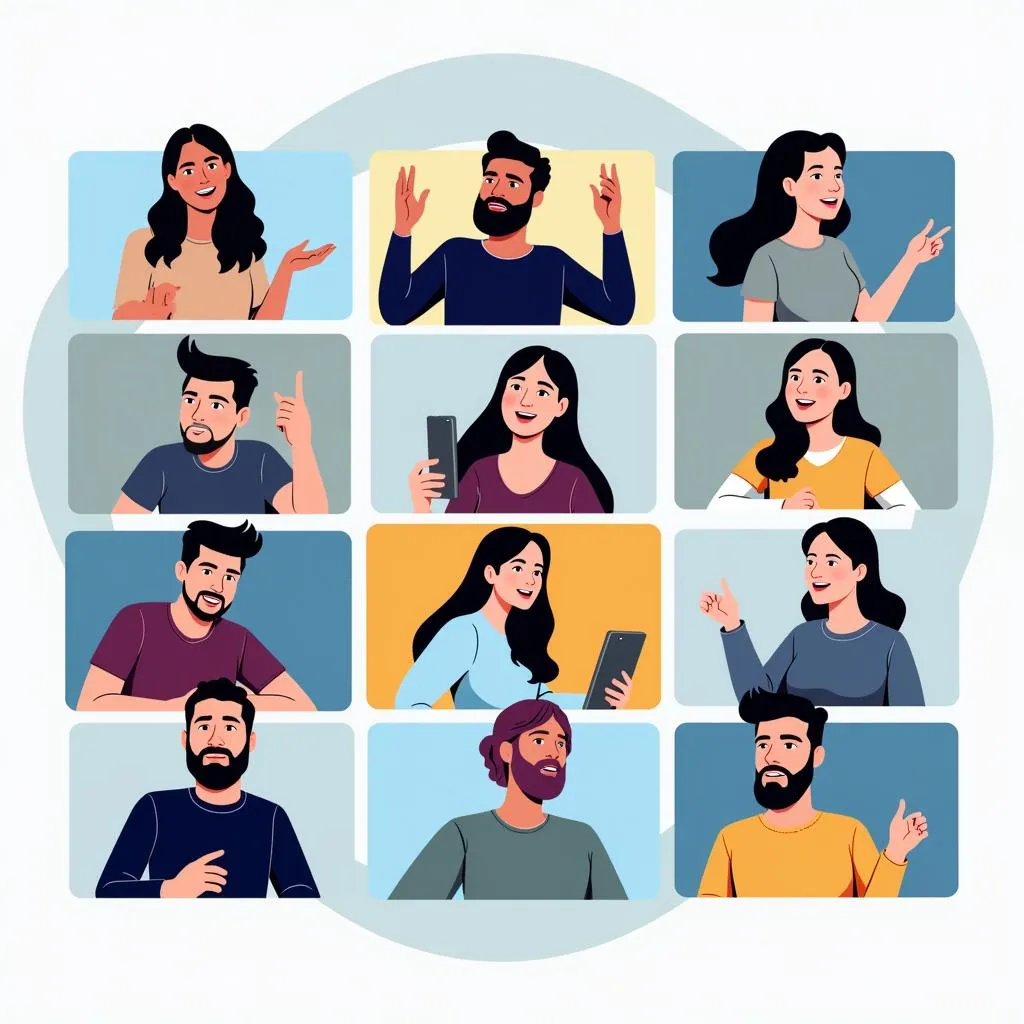The term “0-60 Society” aptly describes our current global landscape, characterized by rapid technological advancements, instant communication, and an ever-accelerating pace of life. While these advancements bring forth incredible opportunities, they also present unique challenges to fostering peace and understanding among diverse cultures. In this 0-60 society, where information travels at lightning speed and attention spans are fleeting, how can we cultivate empathy, bridge divides, and build a more peaceful world?
The Impact of a 0-60 Society on Global Peace
The accelerated pace of life in a 0-60 society can lead to increased stress, reduced attention spans, and a sense of being overwhelmed. This constant state of “busyness” can make it challenging for individuals to prioritize empathy and understanding towards those from different backgrounds. Furthermore, the rapid dissemination of information, while beneficial in many ways, can also contribute to the spread of misinformation and harmful stereotypes, further fueling conflict and division.
 Global Communication Network
Global Communication Network
Harnessing the Power of Technology for Peacebuilding
While technology can exacerbate existing challenges, it also offers unprecedented tools for fostering peace. Social media platforms, for example, have the potential to connect people across geographical and cultural boundaries, fostering dialogue and understanding. By utilizing these platforms thoughtfully and responsibly, we can amplify voices for peace, share stories of resilience, and build bridges of empathy.
 Online Peacebuilding Forum
Online Peacebuilding Forum
Cultivating Empathy in a 0-60 World
One of the most effective ways to foster peace in a 0-60 society is by cultivating empathy. This involves making a conscious effort to understand and appreciate different perspectives, even when they differ from our own. By practicing active listening, seeking out diverse narratives, and engaging in respectful dialogue, we can break down barriers and build genuine connections.
“Empathy is seeing with the eyes of another, listening with the ears of another, and feeling with the heart of another.” – Alfred Adler
The Role of Education in Promoting Peace
Education plays a vital role in fostering a more peaceful world. By integrating peace education into curricula from an early age, we can equip future generations with the knowledge, skills, and values necessary to navigate cultural differences, resolve conflict peacefully, and become active advocates for peace.
The Importance of Individual Action
While systemic change is crucial, individual actions are equally important in building a more peaceful world. Every interaction, online or offline, presents an opportunity to choose empathy, kindness, and understanding. By promoting peace in our own lives, communities, and online spaces, we contribute to a ripple effect that can create positive change on a larger scale.
Conclusion
Navigating a 0-60 society requires a conscious effort to prioritize peace and understanding. By embracing empathy, leveraging technology for good, and fostering meaningful connections across cultures, we can build a world where diversity is celebrated and peace prevails. Let us work together to ensure that the rapid pace of change does not outpace our capacity for compassion and collaboration.